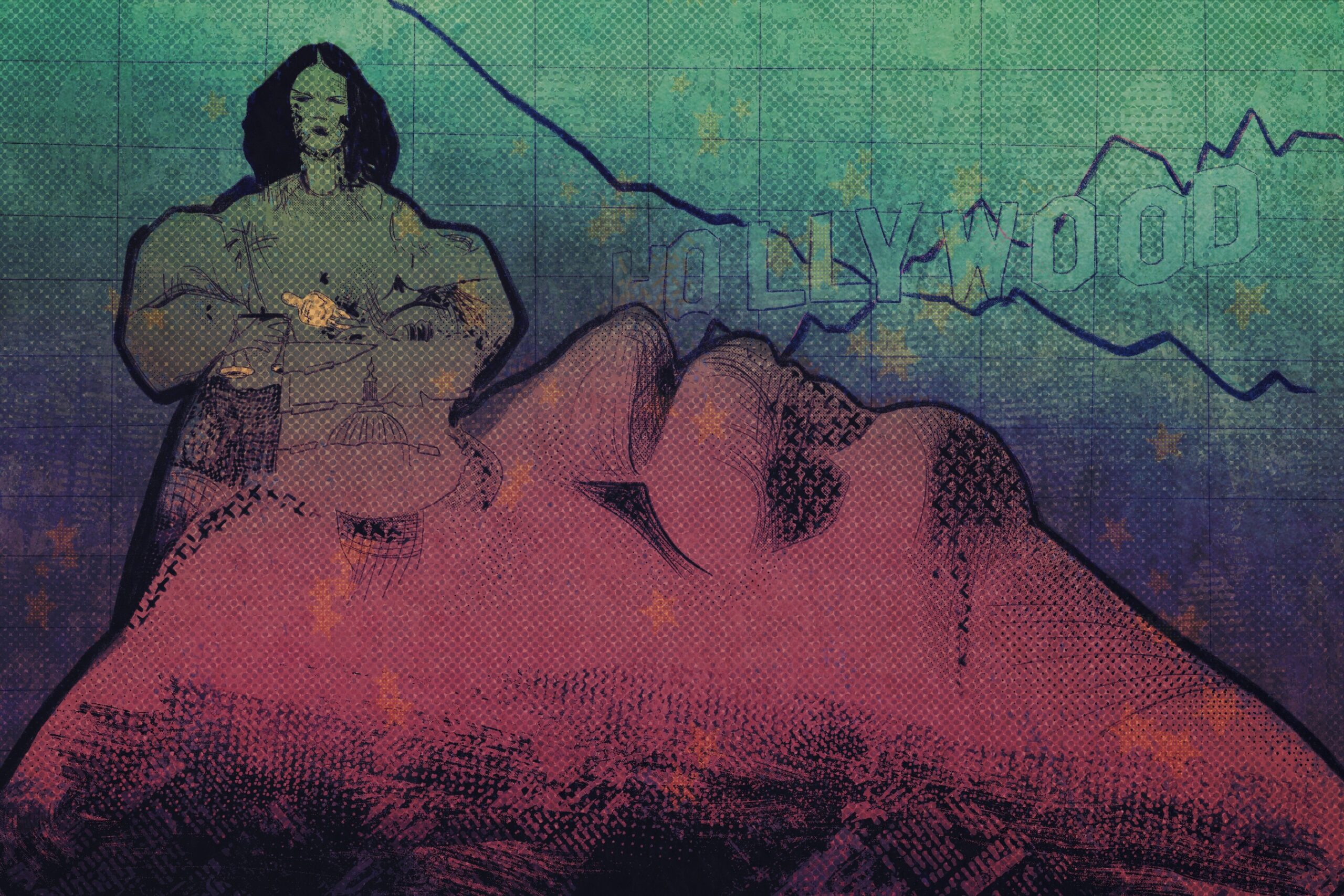Celebrity politics is a rather controversial topic.
The dynamics of celebrities and their engagement with political issues on social media are evolving significantly. While the rise of celebrity voices in politics has opened up new channels for communication and activism, new challenges and controversies present themselves.
What exactly makes a celebrity, a celebrity? A celebrity is considered a person who is celebrated and famous for a certain type (or types) of artistry they excel in. The key word here is “person”. Just like anybody else, celebrities are individuals with thoughts and beliefs of their own and they share the same right to freedom of speech.
When celebrities first joined social media it was all fun and games. Fans got to interact with them, and we got to know a little bit more about their life and what goes on behind the scenes. Then, celebrities started sharing their political takes.
Celebrities did not always air their political takes on social media; this t is a rather recent phenomenon. Celebrities began to speak on politics when followers began demanding them to speak on important issues since they have a large platform and followers. The audience’s change of sentiment started becoming evident when performative activism became widespread. Performative activism are superficial actions that are generally carried out in order to keep up appearances, seem caring, and gain praise rather than actually support and alleviate a problem.
Nowadays, it feels like the norm is for celebrities to post about the latest political event, but most do so in such a superficial way that it can be inferred that they actually don’t care about any of it. Instead, they are just doing it for the sake of not spoiling their reputation.
Just like politics, navigating the waters of controversial matters hasn’t always been easy and consequence-free; it was tricky and it used to come with its own set of challenges of being perceived negatively or positively, just like it happened to Sinéad O’Connor back in 1992. During a live performance on Saturday Night Live, O’Connor decided to rip a photo of Pope John Paul II as a way to protest and condemn the sexual abuse of minors perpetrated within the Roman Catholic Church, which she was a victim of herself. After this performance, public scrutiny followed and her career was never the same. O’Connor stood firm on her beliefs, even if it meant being blacklisted.
But that was over 30 years ago, when celebrities having an opinion like O’Connor’s and acting on it was rare, unlike the present where they can now be more vocal about politics.
Another problem with celebrity politics is that they are more prone to spread misinformation. Recently, Jamie Lee Curtis decided to post a picture to Instagram with a subjective caption that would later be deleted. This post consisted of a picture of some Middle Eastern children with fear in their eyes looking up at missiles passing by in the sky. In the caption, Curtis implied these were Israeli kids, when in reality these kids were Palestinian. As people on the internet started realizing the mistake, backlash soon followed. The post was later deleted by Curtis but before doing so it reached a little over 13 thousand likes.
Curtis never addressed her mistake nor informed her followers of the mix-up and the truth behind the picture. This is a very clear example of misinformation, whether on purpose or not, and in consequence impacts public perception of an issue or an already affected community.
It’s important to stress that not all celebrities engage in performative activism or spread misinformation, some truly care about the causes they believe in and as someone whom so many people follow and look up to, they know they have a responsibility to use their voices and platforms for good and to create change. Many take their roles as celebrities seriously, striving to provide accurate information when discussing political matters.
Jane Fonda is renowned for her long-standing and impactful social activism. Throughout her career, she has passionately advocated for a range of social and political causes, including women’s rights, environmental conservation, and peace activism. Notably, during the 1960s and 1970s, Fonda became an iconic figure in the anti-Vietnam War movement, using her fame to draw attention to the devastating effects of the war and promote peace efforts. Her commitment to social change has continued over the decades, and she remains a prominent voice in addressing climate change and advocating for the rights of women and marginalized communities.
Fonda’s activism serves as a testament to her commitment to using her fame and influence for positive change in the world.
Due to the potential pitfalls of misinformation, it is crucial for celebrities to approach political topics through fact-checking, responsible research, and a willingness to learn and understand the complexities of the issues they address. Likewise, it is important for the audience to evaluate the information provided by celebrities critically and rely on verified sources and expert opinions when forming their political views.
While celebrities have every right to express their political views, relying on them as sources of political guidance can be dangerous and irresponsible due to their potential lack of expertise and superficiality, but sometimes fans can’t help but do it. Most of the current trends are driven by celebrity culture. Therefore, it is only natural to turn to them when seeking answers regarding a particular political issue, such as whether to be interested in it, which side of the discourse to be on, or who to support.
When celebrities speak on political matters, it is important for a balance to exist. They shouldn’t be prohibited from voicing their opinions, but they need to do so in a responsible manner and know the full grasp of the situation before speaking on it. It is essential to ensure that their influence is used for the greater good and contributes positively to political discussions.
We as followers also need to remember to take what they say with a grain of salt and form our opinion before letting anyone dictate it.

















